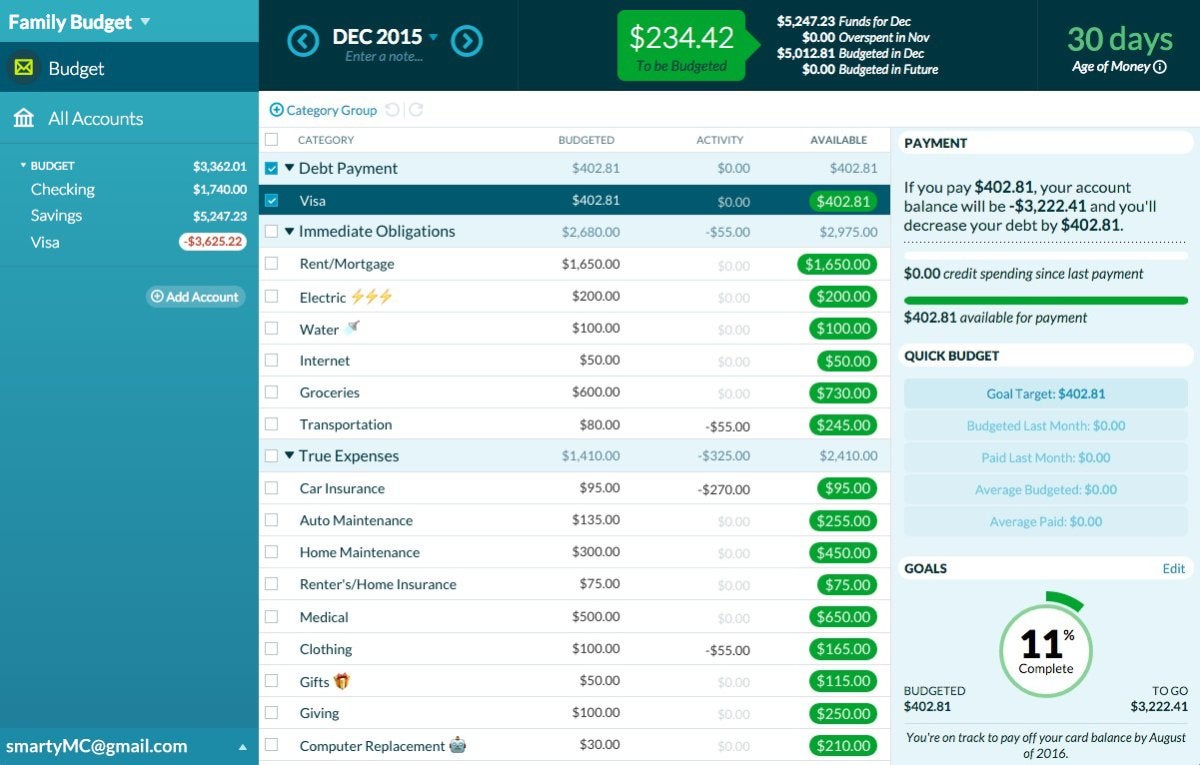I was struck by a recent post on the “Personal Finance” forum on Reddit. A user wrote:
“I put a ton of time focusing on maxing my 401k, my IRA via a backdoor Roth IRA, taxable accounts, and obsessing over optimizing my portfolio by picking the fund that was 0.04% instead of 0.06% in fees.”
Nice work!
But this user ended up shocked and disappointed when, in summarizing their 2018 expenses, they had found that they’d been spending $1500 per month on food and groceries. Dining out is expensive in their high cost-of-living city, and they’d been doing so “frivolously.” They’d been putting tons of effort into their retirement accounts–which is fantastic!–but were not even paying attention to some of their everyday spending. It’s like diligently going to the gym everyday, and then eating Doritos and ice cream for dinner. It’s self-sabotage!

So I started to wonder…where did this Reddit user fall short?
Peter Drucker, who some call the Father of Modern Management, is attributed with the advice, “You can’t manage what you do not measure.” I really, really like this statement. Only be measuring something–like our everyday spending–can we make informed decisions about how to change, to improve, to cut losses and emphasize gains.
Drucker’s advice is why the sports world is so obsessed with statistics. How can you be expected to make a better team for less money if you don’t have a great way of measuring players’ talent?
It’s also why good businesses and good militaries focus so heavily on tracking materials and inventories and dollars. The say 90% of the Roman army leadership focused on logistics (building roads, getting food to the front lines, etc.), while only 10% of the generals worried about fighting skills and battlefield tactics.

As you might guess, I believe that applying this idea to my own personal finance has reaped huge benefits. Managing your finances is empowering! Therefore, I hope to convince you that you should be measuring every single dollar you spend. Every. Single. Dollar.
“But,” you might argue, “I have way too many little things to track. Every Starbucks? Every highway toll? Every time my kids need money for the school fundraiser?”
Yes, yes, and yes. Measure it all. I think that your financial prowess can only improve by tracking more of your expenditures. I’ve written about this idea before. And not to be presumptive, but do you really have that many unique purchases? Lots of typical purchases repeat every week or month; rent or mortgage, utilities, Netflix, insurance. Those are easy to track. And the ones that don’t repeat…perhaps it’s a few purchases per day on the busiest of days? I think that once you get in the swing of a tracking system, it’ll only cost you a few seconds per purchase to do your due diligence. My suggestions would be to track:
- The purchase amount
- The purchase category (I’ll talk about this later)
- The purchase date
- And once a week, reconcile (a.k.a. make sure all the numbers line up) against your bank account and cash in hand
But why? Sports teams and corporations are one thing, but why do I need to track these dollars?
Fair point, but let’s go back to to our original example. My example Reddit user wasn’t aware that he spent $18,000 on food and groceries in 2018. I’m sure he knew he was spending some money. Maybe he had thought that perhaps he was spending too much. But “some money” and “too much” aren’t specific amounts; they are subjective statements. If we believe Peter Drucker (which I wholeheartedly do), we can’t manage spending unless we’re taking objective measurements.
Tracking all of your purchases will give you the knowledge of where all your dollars are. You won’t have to worry about your old gym still charging you membership fees, or about a restaurant accidentally adding an extra zero onto your tip. You won’t overdraft your checking account, or miss a credit card payment. I know the average person doesn’t spend $18K on food, but are you sure you know where your money is going?
All it takes is a little up-front effort to set up a tracking system, a few seconds of time when you spend money, and then a few minutes at the end of the week to reconcile. Easy peasy.

So, exactly what does this tracking system look like? I have some ideas, and can share my own methods. I’ll be back next week to walk you through step by step.
Pingback: Every. Single. Dollar. – The Best Interest
Pingback: Size Doesn’t Matter: How can the rich be unhappy? – The Best Interest
Pingback: The Best Interest Budget Survey – The Best Interest
Pingback: How Experts Budget: The Best Interest Budget Survey - The Best Interest